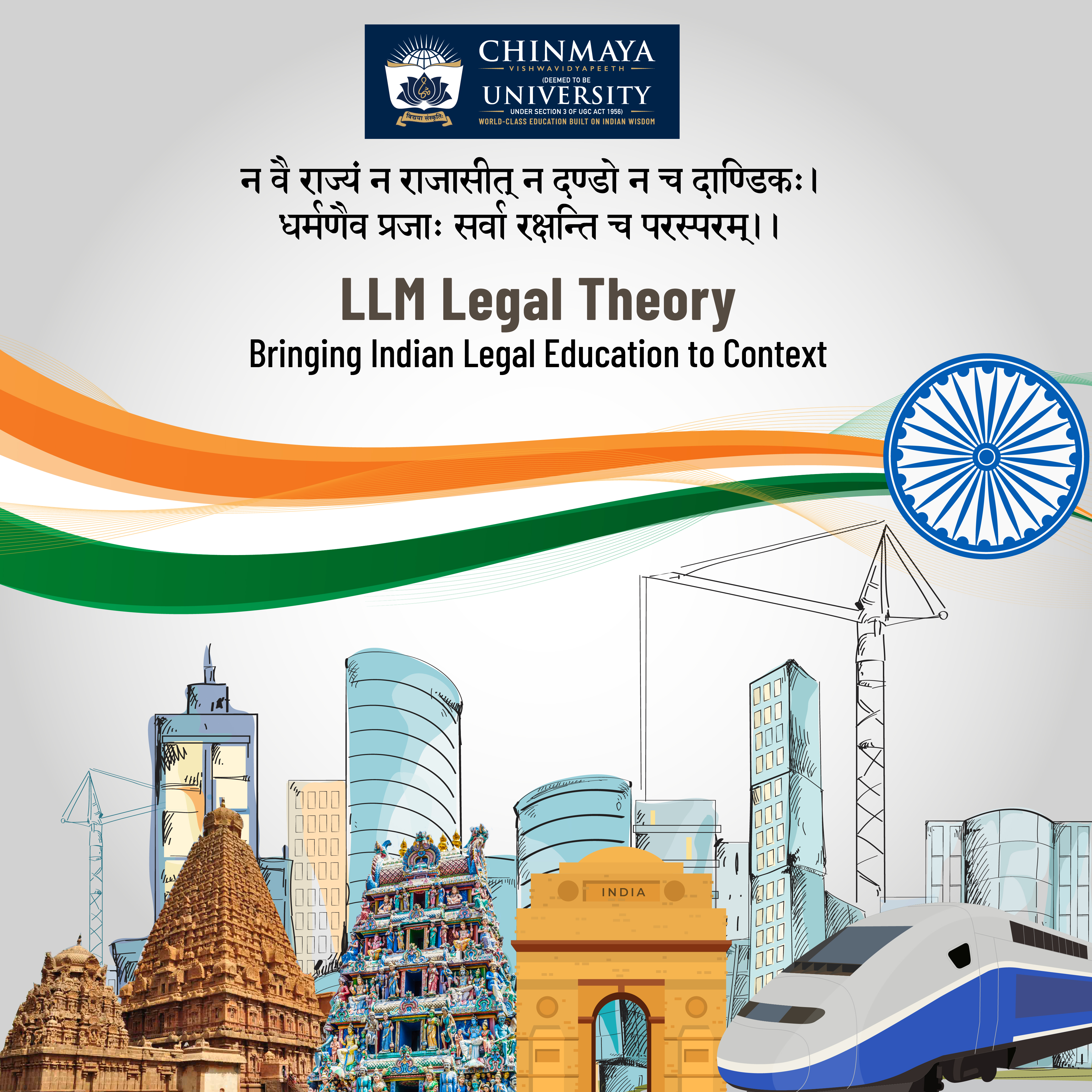That one reason why you must learn Legal Theory Now! – Day One Blog
Legal theory, at the core, is the study of first principles of jurisprudence and human reasoning about why we should or should not act in a particular way in our relationship with others. It investigates the concepts and models of legal reasoning, legal and political orders, legal institutions and systems, and the role of law in human life. It is one of most thriving disciplines in law, globally. However, it is also one of the most neglected areas of Law School education in India. It explains why there has not been a single jurist who has been appointed as Judge of Indian Supreme Court, even though such a Constitutional provision exists to appoint jurists as judges. Perhaps it was Keshavanda Bharati case, where last time any fruitful theoretical discussion was made in the Court Room, with a long lasting impact on Indian life. Reasons for this could have been mutli-fold. It may be due a general disinterest amongst the students to learn legal theory and jurisprudence, which they think is too poetic and complicated, than being real and simple. It may also be due to general indifferent attitude towards the subject on the part of law school teachers, as the subject most often belongs to lethargic elites who just want to be rhetoric inside the classroom. But apart from these transactional issues, it may be, most importantly, a reflection of the philosophy of Indian Legal Education.
A legal education, which wants to create as many lawyers as possible, trained in some elementary skills of advocacy and knowledge of Indian Law, shall not bother about the conceptual issues involved in the subject. A legal education suited for Independent India could have also warranted an academic fraternity schooled in Indian constitutionalism. The New Indian Politics could have also wanted them to work within the limits of its political structure. For all these reasons legal education in India may not have wanted the Indian Lawyers to think about the legitimacy of the nationhood and statehood; the way our beloved independent leaders like M K Gandhi, J L Nehru and B R Ambedkar thought once. When Ambedkar and the Constituent Assembly emphasised the importance of constitutional morality in Indian political life, they were being conceptually overambitious and realistically ignoring the fact the tool of constitutional morality is a double edge sword. Over the years and generations, it not only frustrates the civic trust, but also becomes the tool in the hands of the socio-economic and political power-wielders. We see political turmoil, externalities infiltrating our legal or political institutions, moral confusion amongst the population, and the law, as a result has its growth stunted.
It’s time for India, therefore, to courageously take up the test of its Nationhood and Constitutional Efficacy, and move ahead with whatever be the shape and form of its newfound core. A fraternity of lawyers, practitioners, judges, academicians, and parliamentarians who are well trained in legal theory are the most important apriori, both in taking up this test and managing with the results sustainably. Therefore, your legal theory education should not be a yet another degree-seeking programme. It is a part of large national movement and must stand up to its expectations. Chinmaya Vishwavidyapeeth serves to this purpose. Our LL.M. Legal Theory is not a run of the mill programme, but a movement, a part of the movement to redeem India. Its fresh approach to the study of law, promises to dispel the sense of stagnation in reviewing the continuing definitional disputes about the nature of “law”, “nation” and “statehood”.

